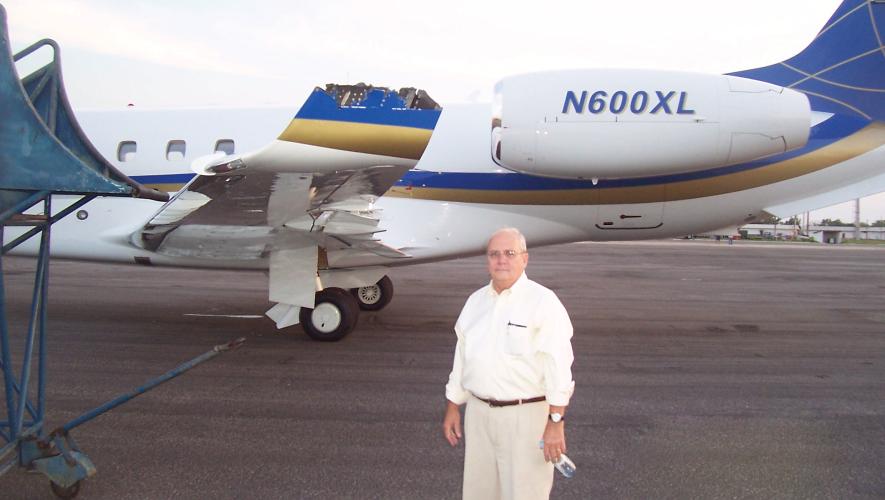The National Air Transportation Association (NATA) has issued guidance for FBOs and ground handlers as they face the growing Covid-19 spread. Above all, the organization noted, workers who are sick or have been exposed to the virus must not report to work, an expectation that management must effectively communicate to its employees on a continuous basis. Businesses should establish contingency plans for all critical operations, including fuel receipt, fueling, towing, CSR, and accounting operations.
Also included in the six pages of advice: all staffers should be trained in the proper use of personal protective equipment (PPE), and an adequate supply of such equipment including disposable gloves, safety glasses, and face shields should be made available at all times. While many FBOs proudly describe their beverage and refreshment bars, NATA suggests that if they continue to offer such snacks, they should be limited to pre-packaged items and that workers placing them out should use rubber gloves. High touch areas such as in-house exercise rooms should be closed for the duration, and all timeclocks should have a supply of disinfectant wipes, which should be used before and after each use. Companies should also consider investing in disposable thermometers for use by employees and visitors.
To ensure the safety of personnel, all arrangements for large aircraft charter and medical flights should be made ahead of arrival, and operators transporting known infected passengers must notify the location’s general manager ahead of time to ensure adequate preparation and coordination with the local health department. If no notification or arrangements have been approved, the aircraft cannot be serviced until such approval by the health authorities is given. Such aircraft should be directed to park in remote staging areas, and chocked, and line staff should not physically interact with crew or occupants, with the bulk of communication handled via radio. Usual niceties such as arrival carpets should not be used and suspected infected people should be deterred from entering the facility.
When handling aircraft with known infected passengers, patient examination gloves should be worn for all baggage handling. Line service staff should not enter any aircraft, and following social distancing practices should avoid riding two in a truck cab, if possible.
According to NATA, when it comes to lavatory servicing, no additional precautions are required, even for aircraft with known or presumed Coronavirus passengers, beyond the standard procedures and PPE requirements.
Protocols should be established for the safe containment and quarantine of any staffer who falls ill during their shift until they can be sent home or to a medical facility. Other sections of advice detail personal hygiene, along with general cleaning and disinfecting methods.







